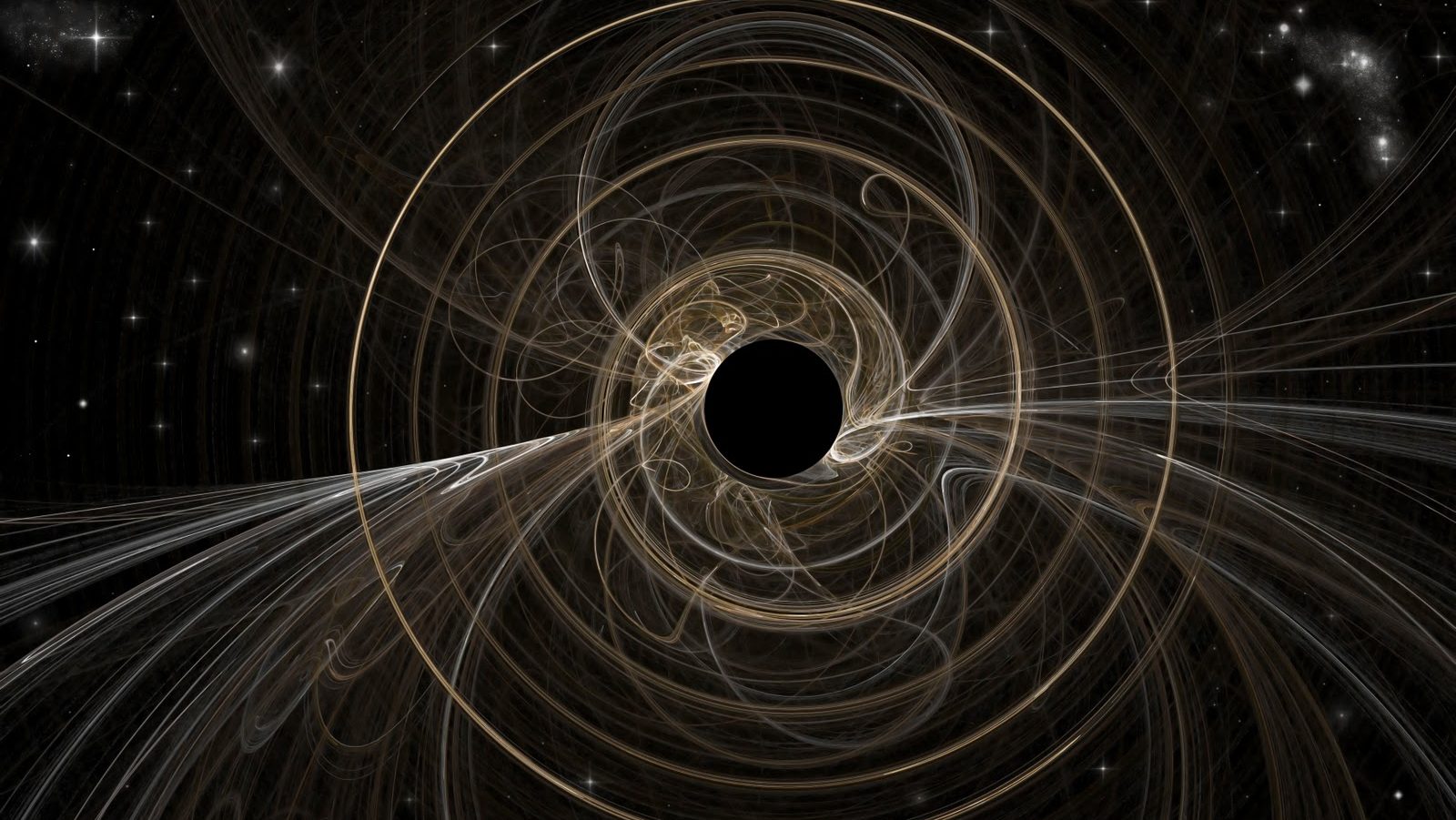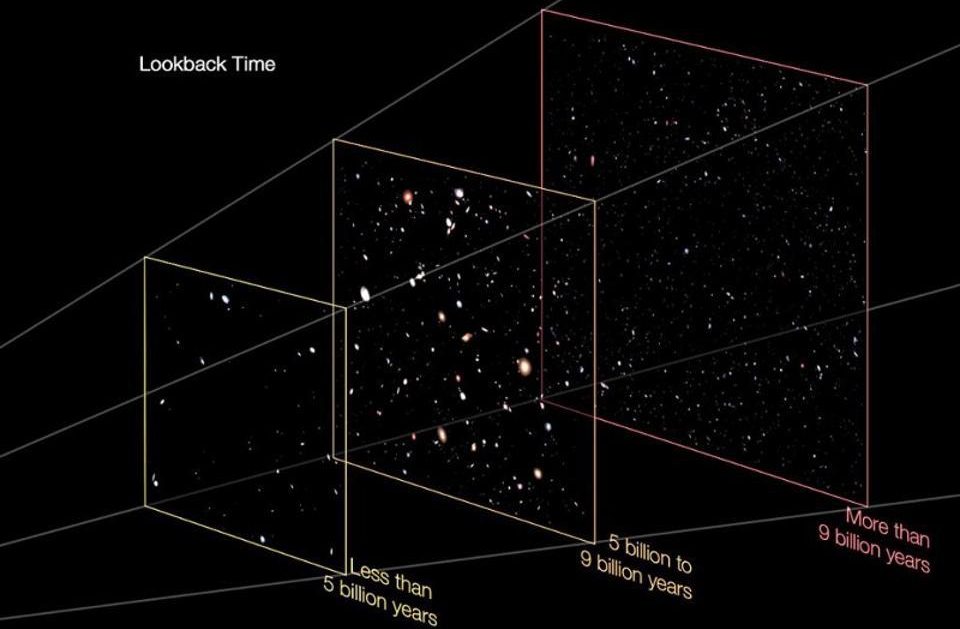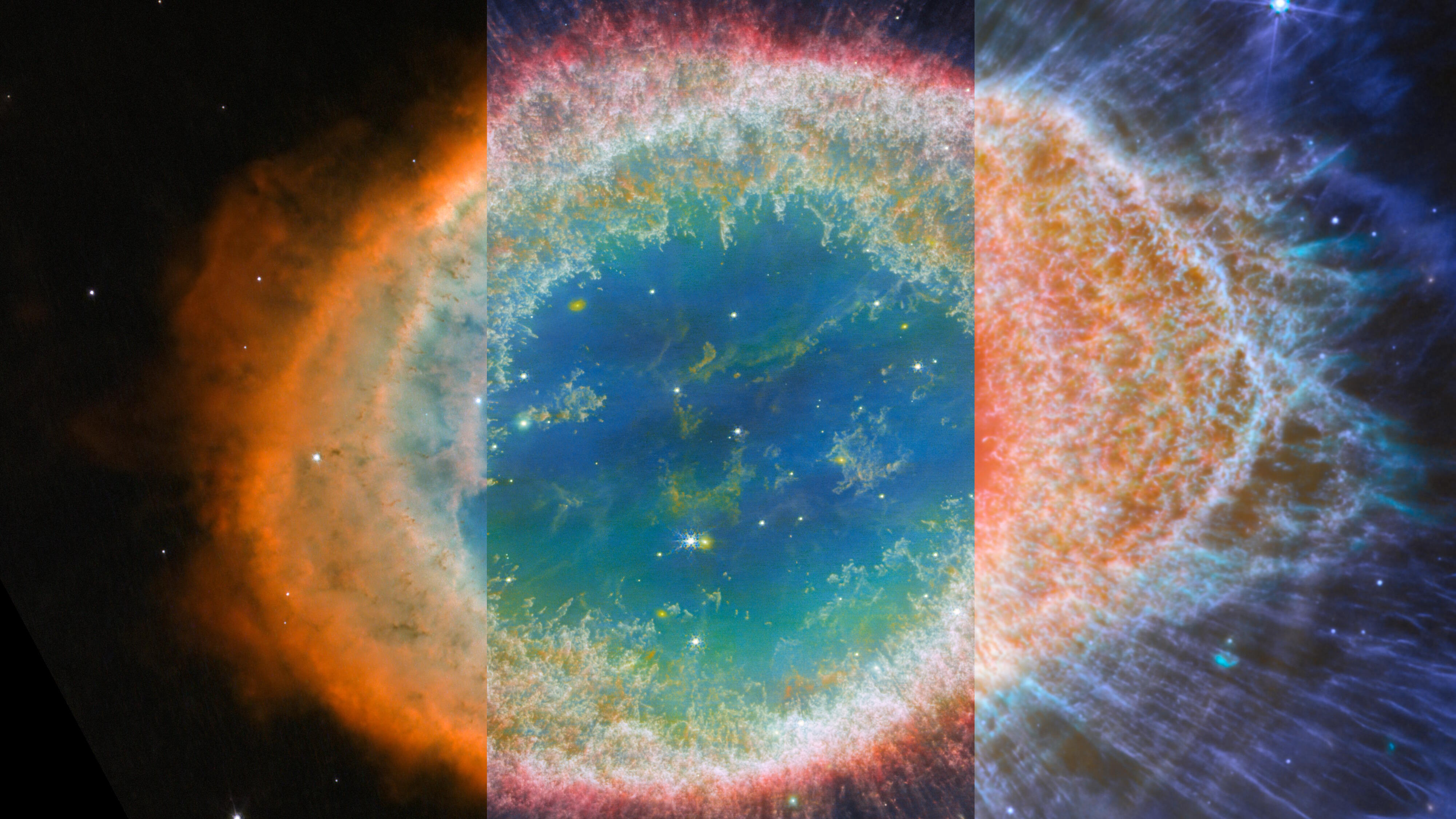“Our Big Bang might not be the only one.”
So says Lord Martin Rees, one of the world’s leading astrophysicists and cosmologists, in a recent interview (embedded below). He speaks with excitement in his eye and a passion that underlies his notable contributions to his field, which earned him the prestigious 2011 Templeton Prize among other awards. As a former president of the Royal Society (a UK fellowship of eminent scientists), Rees is noted for his research on black hole formation and on the cosmic microwave background, a key piece of evidence of the Big Bang.
“First, are there many Big Bangs or just one?” asks Rees. “Second, if there are many, are they all governed by the same physics or not?”
These questions and more are what Rees calls “speculative physics.” In a January meeting of the American Physical Society in Washington, D.C., Rees gave a lecture titled “From Mars to the Multiverse,” providing an overview on what cosmologists believe about the origin of the universe. He touched on the Big Bang, red shift, background radiation, dark matter, string theory, and even multiverse theory—the possibility of many universes, including the one in which we live.
“It’s speculative, it’s exciting science, and it may be true.”
But how could one ever verify multiverse theory? Often posed this question, Rees stresses the need for breakthroughs in the study of our universe’s origin, how we trust Einstein’s unobserved theory about the inside of black holes, and the likelihood for further discovery in the next 50 years.
Watch Big Questions Online editor Adam Keiper interview Martin Rees below.
The post Multiverse Theory: More Than One Big Bang? appeared first on ORBITER.





